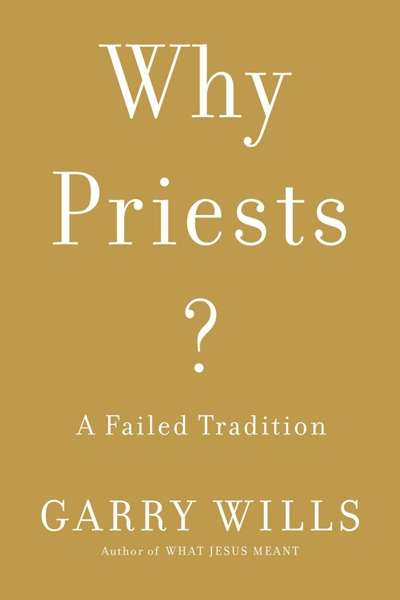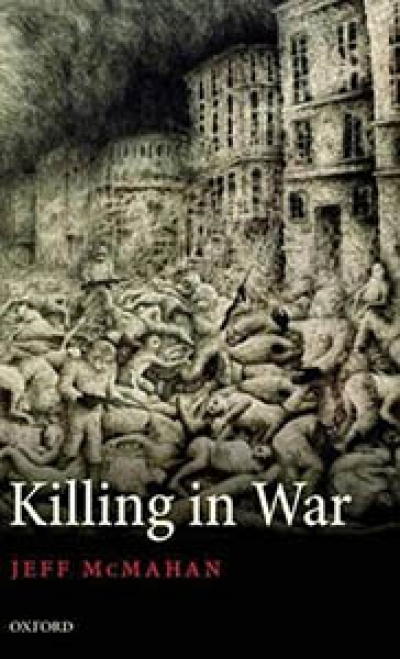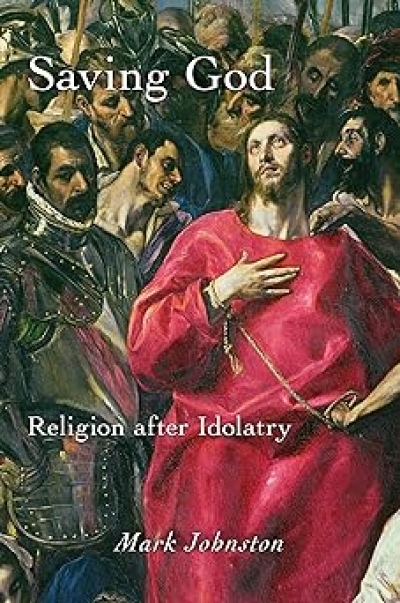Tony Coady
Saving God: Religion After Idolatry by Mark Johnston
by Tony Coady •
Righteous Violence edited by Tony Coady and Michael O'Keefe & A Matter of Principle edited by Thomas Cushman
by Jonathan Pearlman •
Never far from one’s mind these days, the events of September 11, 2001, and their direct aftermath in Afghanistan and elsewhere, had to be prominent in this month’s issue of ABR, such is their complex resonance and ubiquitous iconography. To complement Morag Fraser’s essay in this issue on the consequences of ‘September 11’ for civic ...




